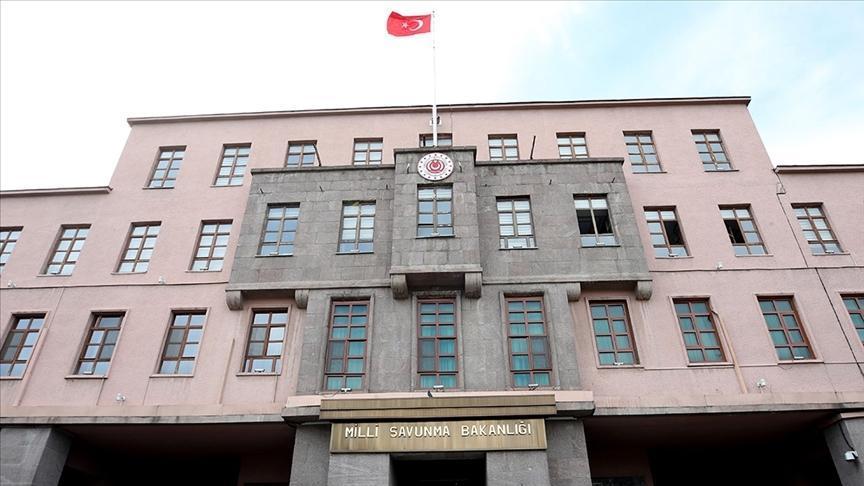Afghan women vow to resist Taliban rules
Fevzi Kızılkoyun-KABUL

Some women in Afghanistan are determined to resist the Taliban’s strict rules as they anticipate that their rights and freedoms will be further confined.
Sitting for an interview at a restaurant in the capital, three Afghan women recalled life before the group seized power and voiced concern for their future and the future of their country. We held the interview in the “family” section of the restaurants since women are not allowed to sit at the same table with any man, who is not a family member.
Those three were among around 50 women, who last week staged a protest in Kabul but were brutally dispersed by Taliban fighters.
They marched towards the presidential place with roses in their hands and purple scarfs only to be confronted by armed Taliban militants.
“I used to work at a cafe and study at the university at the same time. When the Taliban seized power, the café closed and lost my job. I have no idea if I can return to university. We were free before, we could work and go out alone. But we are now confined to our homes, we are worried,” said Sureyya Nesret.
Nesret believes the Taliban has not yet imposed even harsher rules because the whole world is closely watching the group’s actions.
“We know that the repression will only increase in time, they will introduce new rules for women, they will force us to stay at home,” she reckoned, adding that they now cover their heads and wear long and loose clothes.
'It is not the Afghanistan of 20 years ago'
Afghanistan and Afghan women changed over the past two decades, said Ramzia Abdekhil, who is also a university student.
“The Taliban should understand this: Today’s Afghanistan is not like the one they ruled 20 years ago. Back then, they did whatever they wanted to do, and we kept silent. Not anymore, we’ll not remain silent. We won’t accept whatever they say, we won’t wear burqas and sit at home,” Adbekhil said.
The Taliban, however, have not changed, they did not tolerate the women’s protest last week, she added.

“We are not afraid of the Taliban. We will continue to fight for our jobs and for equal rights. No government in the world should recognize the Taliban if they are here to rule the country as they ruled 20 years ago.”
Maryam Meshel Hashimi said her life has changed since the Taliban seized power.
“I used to go out every day to meet with my friends and spend time together. Today, it is the third time I am venturing out [since the Taliban took over the city].”
Hashimi agreed that Afghanistan and Kabul have changed over the years. “The Taliban need to change too. There is fear but there is also our struggle.”
“When the Taliban arrived, it was only women who raised their voice. If men give their support, we can achieve a lot against the Taliban,” she said.
















